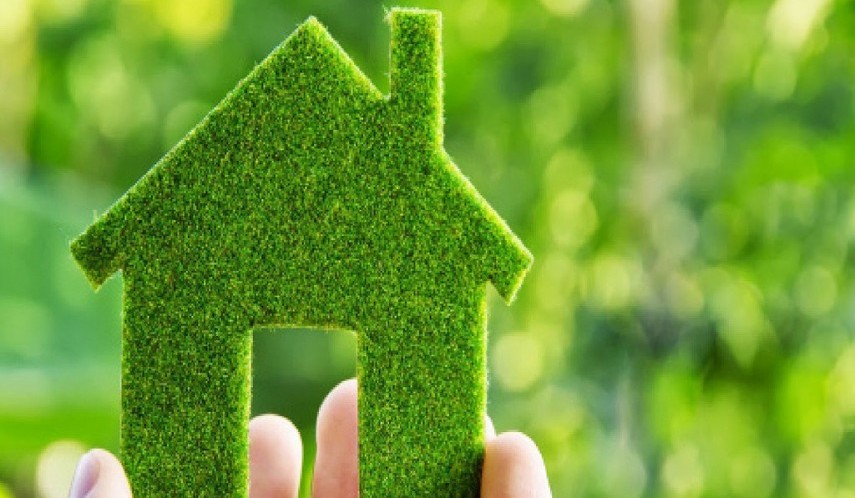How To Convert A Non-Green Home Into An Eco-Friendly One

The world is grappling with major environmental issues like global warming, and rising energy prices. By living an eco-friendly life, you can conserve natural resources and preserve the environment. And, to make your home eco-friendly, you need not necessarily invest in solar panels, sustainable wood flooring, and non-toxic paints. You can make your home a healthier, safer, and greener place by making just a few simple changes for an environment-friendly lifestyle.
You can solve many problems by taking small steps towards converting your non-green home into an eco-friendly home. This will also make your home a pleasant place to live in -- for you, and for future generations. You can begin the process by prioritising your needs. Do not waste time, money, energy, or resources on things that you do not need -- eliminate them. By using less and conserving more, you can contribute to solving larger environmental problems.
Here are a few tips to turn your non-green home into an eco-friendly one.
Save energy
- Switch to LED bulbs: Switch from regular light bulbs to CFL and LED bulbs. This may seem to be a modest improvement, but the benefits are huge.
- Turn off the lights whenever possible: If you build a few more windows to allow sunlight to come into your home, you would not need electric bulbs in daytime. You can also install automatic timers for lights and movement sensors so that lights will be activated only when you need them.
- Unplug electronic items: Televisions, computers, laptops and other electronic appliances consume as much energy while in standby mode as they would when in use. So unplug them when you are not using them.
- Let sunlight come into your home: Make sure that there are open shades, curtains, and drapes to let solar energy warm and enhance your home naturally.
Clear the air
- Make your home a no-smoking zone: Ban smoking inside your home. Cigarettes are full of toxic chemicals. Second-hand exposure to smoke can cause cancer.
- Grow indoor plants: Plants inside your home act as natural air filters. Some plants are effective absorbers of harmful pollutants emitted from rugs, furniture, and other equipment. So, clear the indoor air by filling your home with plants. You do not need to invest in expensive air purifiers when it is cheaper to buy houseplants or indoor plants that clean and filter the air naturally and economically.
Nurture a greener garden
- Have a kitchen garden with edible plants: Grow green salads, veggies, and herbs in your kitchen garden. Gardens lower air pollution and help reduce soil erosion. Avoid using toxic pesticides and chemical fertilisers. Use organic and earth-friendly products for your garden.
- Compost kitchen leftovers: Tea leaves, egg shells and fruit-vegetable skin are all soil conditioners. Make sure that you use them wisely without putting them directly into your dustbin.
- Water sensibly: Water your garden in the morning or in the evening, when it is cooler. Water evaporates slowly when the atmosphere is cooler.
Reduce, reuse and recycle
- Reduce: Avoid buying new products that are not environment-friendly.
- Reuse: Materials like wood floors, doors and windows can be reused at any given point of time. So, while shifting to your next home, you can easily reuse these things.
- Recycle: Materials like aluminum, glass, recycled tile, reclaimed timber and recycled plastic are the main things while building or reconstructing a green home or eco-friendly home.
Preserve water
- Rainwater harvesting: The most popular method to save water is to install a rainwater harvesting system. The water gets collected from roofs and is stored in a tank. The collected water can then be used for other purposes like cleaning, and in sprinkler systems.
- Water conserving fixtures: Toilets, faucets, and showerheads with lower flows, are some ways to conserve water. They make your home more environment-friendly while cutting down your water bill.
Household hazardous waste
- Harmful substances like old paint cans, used motor oil, pesticides, used batteries, old computers or electronics are the most hazardous waste. Avoid dumping these down the drain, as they will pollute the water supply. A thorough research is needed as where to dispose of such household toxic waste.
